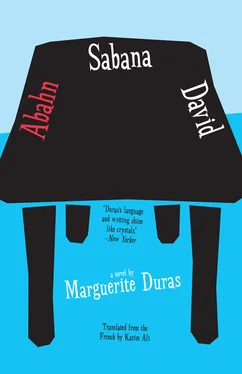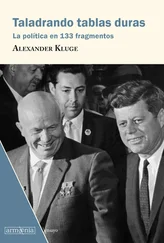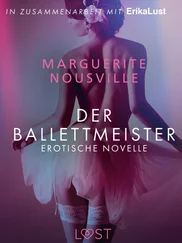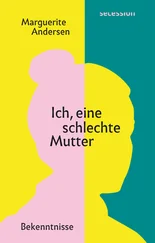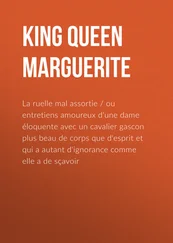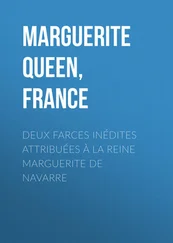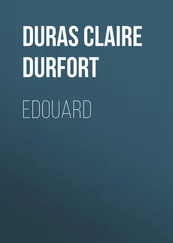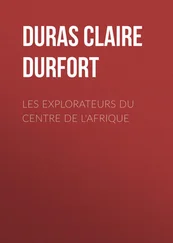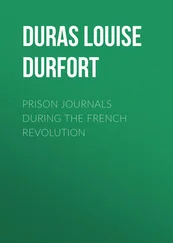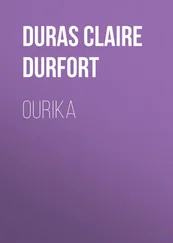“If you succeed and live,” says the Jew, “tell this story.”
“Yes.”
“Tell it. To everyone. Without distrust. Look around you. Closely. All this is destroyed.”
“Yes.”
Silence. Diane is no longer howling. There’s no shooting anymore, either. David listens.
“He is still coming. We have five minutes.”
David hasn’t taken his eyes off the Jew; all the while he has been listening to the turmoil of the Staadt night.
“He shoots because he is afraid,” says David.
“Yes.”
“He should be alone,” says David. “There’s no group. He made it up to make us believe he was busy. For me to be left alone with you, with a gun and the Jew.”
“Yes.”
The dogs, once more, howl.
“Leave your work,” says the Jew. “It’s difficult to do, but try.”
“Yes.”
“And your fear. And your hunger.”
“Yes.”
Silence. Gringo approaches without firing.
“Don’t be alone,” says the Jew. “That’s what I’m telling you. Leave that behind too.”
David does not answer.
“I don’t speak to you in your position but to myself if I were David. Not otherwise. You, do what you like. Go back to Gringo if that’s your plan.”
Silence.
Suddenly a shot rings out quite close to the house.
“I told you this in the forest,” says the Jew.
“Yes,” says David. “It feels far.”
“Far off, through the place of Jews.”
A shot hits the outside wall of the house.
Sabana and the Jew seem neither to have heard nor understood.
“He’s walking in front of the windows,” says David. “Flatten yourself against the wall.”
The Jew does not move. Neither does Sabana.
“I can’t see anything anymore,” cries out David. “I can’t see the Jew.”
Someone walks on the road a few meters in front of the house.
David says:
“He’s here.”
•
And now, the first cry through the howling of the dogs.
“David!”
“There is the brother, the ape,” says Abahn.
Sabana turns to look toward the road.
Abahn and David turn that way, too.
The Jew stops looking at David, he turns toward the darkened park.
They stay like that, as they are, scattered throughout the room, unmoving. Sabana next to the Jew, behind the bare windows. They all have the same expression of rapt attention.
The fear grows no more.
“David!”
The voice is getting closer. Still, that long howling of dogs in the park. The shooting has stopped.
“Three minutes,” says David.
“It’s daybreak,” says Sabana.
Beyond the road, toward the barbed wire, flush with the sky, with the growing light, still dark.
They talk, first one, then the others.
“He isn’t shooting through the windows.”
“He isn’t shooting.”
The howls of the dogs die down.
“He’s out there. He’s watching us. He isn’t shooting.”
“This is the lost time,” says Abahn. “The dead time.”
Some steps on the road.
“He’s leaving.”
More steps.
“He’s coming back.”
“What’s he looking for? The house of the Jew?”
The steps approach once more but this time more sure. The steps come all the way to the door.
“He hasn’t fired the gun,” David says.
He listens. Says:
“He’s afraid.”
“Of you,” says Abahn. “Of David.”
Someone calls out.
“David!”
David takes a step toward the door. He stops. He says slowly, sharply, “I HAVE NOT KILLED THE JEW.”
Silence on the other side of the door. There is no response to what David said. David starts up again:
“YOU SAW THROUGH THE WINDOW THAT THE JEW STILL LIVES.”
Silence on the other side of the door. No one responds to what David said.
There is a cry:
“There’s no point in hiding! We saw you!”
David doesn’t understand.
Silence.
David takes another step toward the door.
Silence still.
Then the voice of the Jew, slow, calming:
“We will walk past the ponds, we will walk north.”
David turns roughly toward the Jew: his eyes are closed, he’s not looking anywhere.
“Open up! It’s useless to hide! Open up!”
David advances again. He says:
“The door’s open.”
Silence. No one opens the door. No one responds to David.
“We will escape the field of death,” the Jew continues, “the dogs on the field of death.” His voice suddenly empties of its calm. “We will try.”
David turns once more. The Jew has the same expression still. Sabana’s gaze shifts from the door to the Jew.
Once more from behind the door comes a cry, very loud:
“It’s useless to deny it! You have been seen! Open up!”
Silence.
Silence behind the door. David’s fear returns. He takes his gun in his hand and calls out:
“The door is open! Come in!”
Silence.
Again the voice of the Jew:
“We will try not to build it. We will try.”
David holsters his gun. He turns back to the Jew. A wild spark of savage joy flashes across his eyes.
Sabana understands then that there is another person behind the door.
“Jeanne is with him,” she says.
Suddenly, on the other side of the door, Gringo’s voice bursts out; to David it is as if he has never heard it before:
“We demand that the Jew return David!”
David listens to the voice with great attention.
“David must return!”
David isn’t listening to the voice anymore.
“Dirty Jew, you better give David back!”
“We will try,” says the Jew, his voice breaking.
David isn’t listening to the voice anymore. He looks at the Jew.
“Yes,” says David.
“David has to come back!”
“We will find the forest,” says the Jew.
“Yes,” cries David.
“Dirty Jew! You give back David!”
The Jew lifts his eyes, looks toward the road, the dawning day, the invisible border, he does not hear Gringo. A painful smile — as exhausted and light as his voice — draws across his face. Sabana watches him.
“You dirty traitor! Give back David!”
“We will live,” says the Jew. In the silence between the cries his voice is just a murmur. “We will try.”
“Yes!” cries David.
David is overtaken by an involuntary shudder. His face grimaces in silence and then: David laughs.
“David is ours! David must be returned!”
At first timid, still mired in tears, the laughing slowly bursts forth from David’s body, from the cement and stone. The dogs cry out. Laughter issues from David in hiccups. The dogs start to howl in accompaniment with the violin sounds of Gringo’s shouts.
“David!”
David’s laughter takes its shape. No longer smothered. David’s entire body shakes with laughter.
In the half-light another laughter is heard: Abahn. The laughter of David and Abahn goes through the doors of the house of the Jew.
“David, come back!”
The laughter of Abahn and David passes through the walls, unrolls in the half-night of Staadt, spreads across the field of death.
“David!”
The laughter stills the howling.
“David.”
The voice is colorless, just like that: the anger fading, the voice is Gringo’s again.
“I want to speak in the name of our great Party. I will do my duty.”
The laughter comes again, irrepressible, crazy, child-like, mixing with the howling of the dogs, breaking apart the conversation, order, sense, meaning, light. It is the laughter of pure joy.
“Before we took over bad element bad worker he stole from the warehouses of Staadt unworthy worker without class consciousness without valid professional training with individual morality without a future from the Technical School of Staadt out of all the sites in the region whim criminal dilettantism the arrival of the Jew of the traitor for the first time in his life kept his job David was well taken care of two years yes two years spirit of anarchy and insubordination that increased David’s misfortune Two years yes of efforts all right the result was worth the trouble.”
Читать дальше
